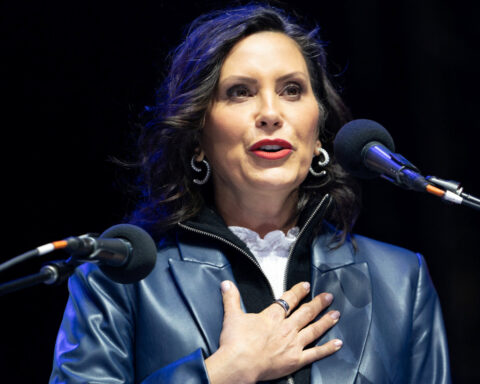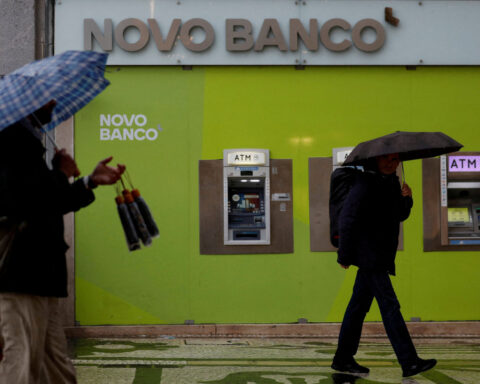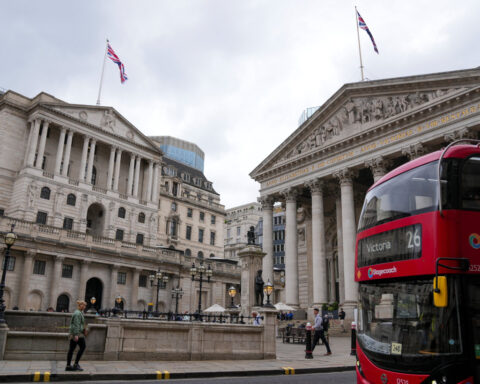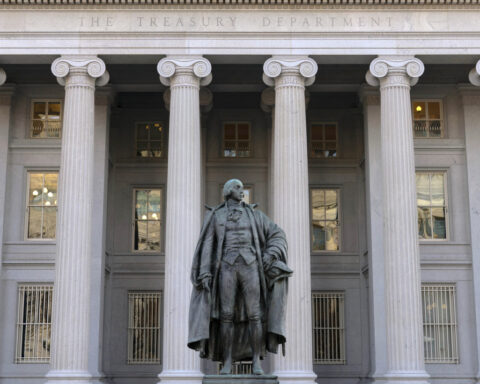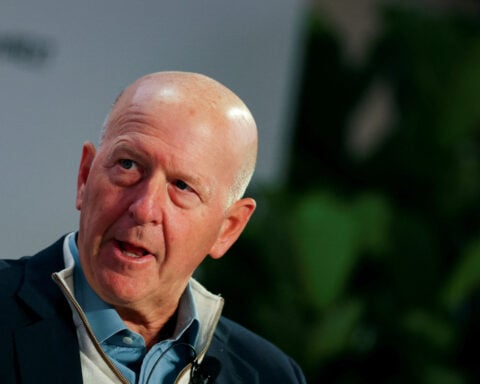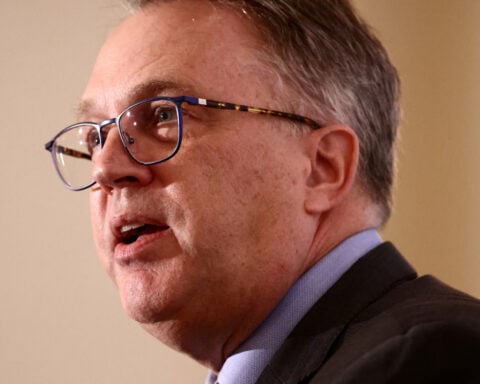The idea that a college degree levels the playing field for students of different socioeconomic classes has been bolstered in recent years. Research from 2011 and 2017, for example, found that earning a bachelor’s degree helped students from less advantaged backgrounds do as well as their better-off peers._
Jessi Streib, a sociology professor at Duke University, was skeptical. According to other research, everything associated with landing a good job – professional networks, high GPAs, internships, status symbols – is unequally distributed by class. To find out whether college is the “great equalizer,” or whether more is at play than a bachelor’s degree, Streib interviewed 62 students at a public university who were majoring in business – the most popular major. She also chatted with 80 hiring agents and formally interviewed many more employers. Here, she shares her findings.
Based on your research, is college the ‘great equalizer’?
College helps, but widespread employment practices that keep salary information hidden seemed to play a larger role for the students I interviewed. Prospective employers in that job market frequently hide key information, such as salary range and a detailed job description, that would help graduating students decide what jobs to apply for. The information is often not provided until a job offer is made.
In addition, employers regularly offer graduating students different amounts to do similar jobs, so it’s hard for the soon-to-be grads to develop a general idea about what they should be paid for the type of work they want to do. Salary information found on websites such as Glassdoor is often unreliable. Because of this, graduating students whose parents have different levels of education – one facet of socioeconomic status – must guess where to apply to get ahead. That makes luck the “great equalizer” for people with bachelor’s degrees.
What other hiring practices affect the jobs new grads receive?
In addition to hiding salary information, hiring agents tend to obscure the criteria they use to evaluate prospective employees. For example, they might announce that they are looking for applicants with strong communication or teamwork skills, but they don’t describe what meets those criteria. Good communications could mean the ability to be concise or to be thorough and a bit wordy. On top of this, different hiring agents may use contradictory criteria. I’ve found that some prefer students who answer quickly and decisively, while others want those who take time before responding.
At the same time, employers – those who hire students such as the business majors I interviewed – tend to use neutral criteria that students from all class backgrounds can meet. They often don’t require a high GPA and ignore students’ status symbols, such as familiarity with expensive activities such as golf, skiing and international travel. They also tend to refuse to negotiate with new college graduates over pay. Students from middle- and upper-class families, who are more likely to know how to negotiate, lose their advantage. This, in turn, leads to less disparity in income for new hires.
How does a lack of information cancel students’ class advantage?
Students from more privileged backgrounds tend to have more family members and friends who can help them find jobs. But when pay is hidden, the people in students’ networks often lack needed information and so are just as likely to lead students into low-paying positions as high-paying ones, according to my research.
Generally, students who are more advantaged are more likely to turn to their family, friends or the career center to get advice on job-search issues such as resumes and interviews. When information about the hiring processes is hidden, the advice students receive is rarely useful. Instead, their friends and family tell students to prepare for questions that are never asked and advise them to answer questions in ways that particular hiring agents might penalize. For example, one student I spoke with was advised to keep his answers short; the interviewer later told him he didn’t get the job because his answers weren’t expansive enough.
Are the results different for students in other majors?
Students at public universities who are not business majors may encounter different processes, but my findings are likely to extend to many other students at non-elite universities as well. For a large swath of college graduates, whether they happen to apply for a job that pays well boils down to luck. For that reason, luck – in addition to a degree – likely acts as the great equalizer.

Jessi Streib receives funding from the Spencer Foundation.
Source: The Conversation

 Canadian home sales fall in December; up 10% in fourth quarter
Canadian home sales fall in December; up 10% in fourth quarter
 US strengthens restrictions on advanced computing chips to prevent diversion to China
US strengthens restrictions on advanced computing chips to prevent diversion to China
 Trump's new SEC leadership poised to kick start crypto overhaul, sources say
Trump's new SEC leadership poised to kick start crypto overhaul, sources say
 Gaza ceasefire negotiations hit last-minute snag, delaying anticipated deal to pause war
Gaza ceasefire negotiations hit last-minute snag, delaying anticipated deal to pause war
 German defence and foreign ministries depart from Elon Musk's X
German defence and foreign ministries depart from Elon Musk's X
 Congestion pricing causing new battle to park among drivers in residential neighborhoods
Congestion pricing causing new battle to park among drivers in residential neighborhoods
 EU to order Lufthansa to restore Condor's access to its short-haul network
EU to order Lufthansa to restore Condor's access to its short-haul network
 Dakar Rally comes down to a duel in the sand between Lategan and Al-Rajhi
Dakar Rally comes down to a duel in the sand between Lategan and Al-Rajhi
 Iowa State's 30-year streak of hitting a 3-pointer ends in win over Texas Tech
Iowa State's 30-year streak of hitting a 3-pointer ends in win over Texas Tech
 College graduates are often in the dark when it comes to hiring practices and salaries.
College graduates are often in the dark when it comes to hiring practices and salaries.
